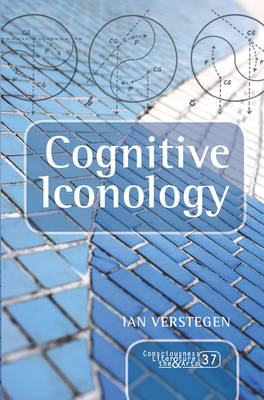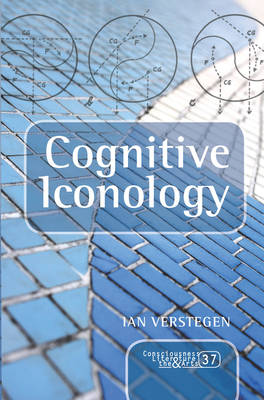
- Afhalen na 1 uur in een winkel met voorraad
- Gratis thuislevering in België vanaf € 30
- Ruim aanbod met 7 miljoen producten
- Afhalen na 1 uur in een winkel met voorraad
- Gratis thuislevering in België vanaf € 30
- Ruim aanbod met 7 miljoen producten
Zoeken
Omschrijving
Cognitive Iconology is a new theory of the relation of psychology to art. Instead of being an application of psychological principles, it is a methodologically aware account of psychology, art and the nature of explanation. Rather than fight over biology or culture, it shows how they must fit together. The term "cognitive iconology" is meant to mirror other disciplines like cognitive poetics and musicology but the fear that images must be somehow transparent to understanding is calmed by the stratified approach to explanation that is outlined. In the book, cognitive iconology is a theory of cognitive tendencies that contribute to but are not determinative of an artistic meaning. At the center of the book are three case studies: images depicted within images, basic corrections to architectural renderings in images, and murals and paintings seen from the side. In all cases, there is a primitive perceptual pull that contribute to but do not override larger cultural meaning. The book then moves beyond the confines of the image to behavior around the image, and then ends with the concluding question of why some images are harder to understand than others. Cognitive Iconology promises to be important because it moves beyond the turf battles typically fought in image studies. It argues for a sustainable practice of interpretation that can live with other disciplines.
Specificaties
Betrokkenen
- Auteur(s):
- Uitgeverij:
Inhoud
- Aantal bladzijden:
- 196
- Taal:
- Engels
- Reeks:
- Reeksnummer:
- nr. 37
Eigenschappen
- Productcode (EAN):
- 9789042038240
- Verschijningsdatum:
- 1/01/2014
- Uitvoering:
- Paperback
- Formaat:
- Trade paperback (VS)
- Afmetingen:
- 155 mm x 235 mm
- Gewicht:
- 308 g

Alleen bij Standaard Boekhandel
+ 86 punten op je klantenkaart van Standaard Boekhandel
Beoordelingen
We publiceren alleen reviews die voldoen aan de voorwaarden voor reviews. Bekijk onze voorwaarden voor reviews.








